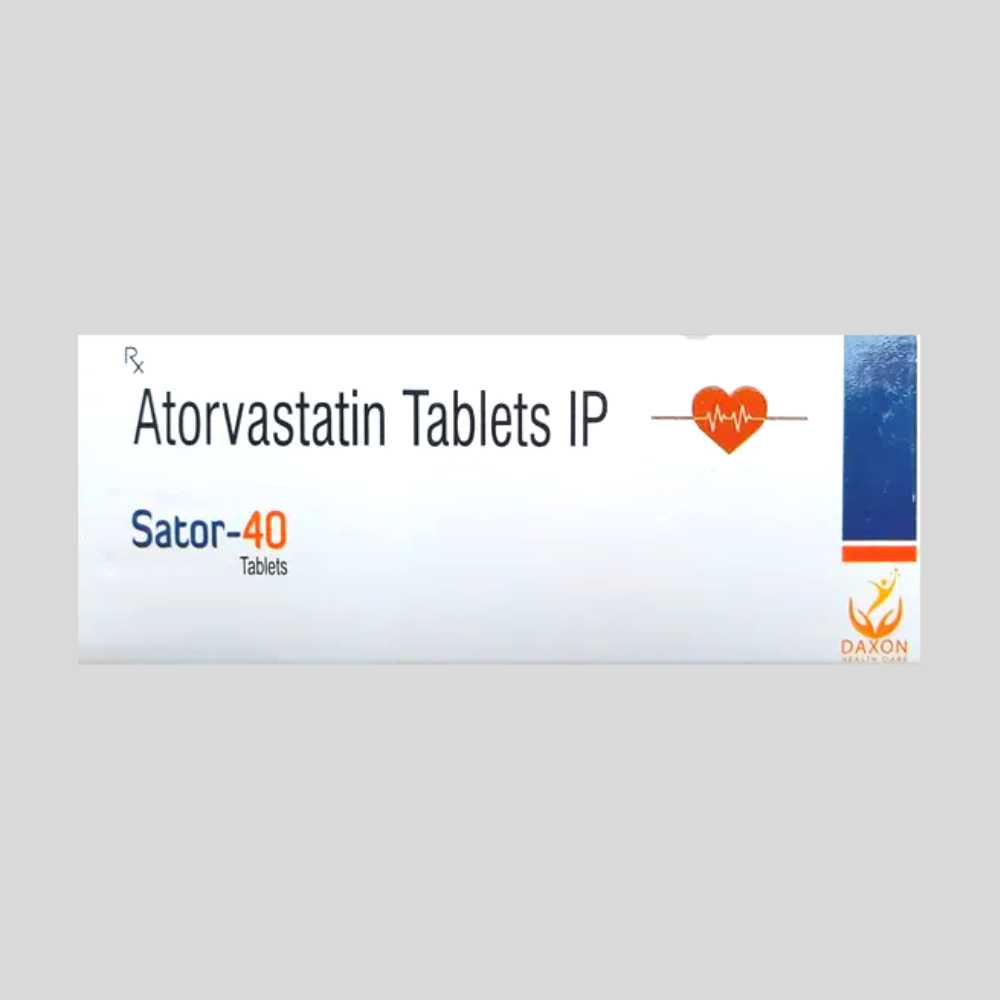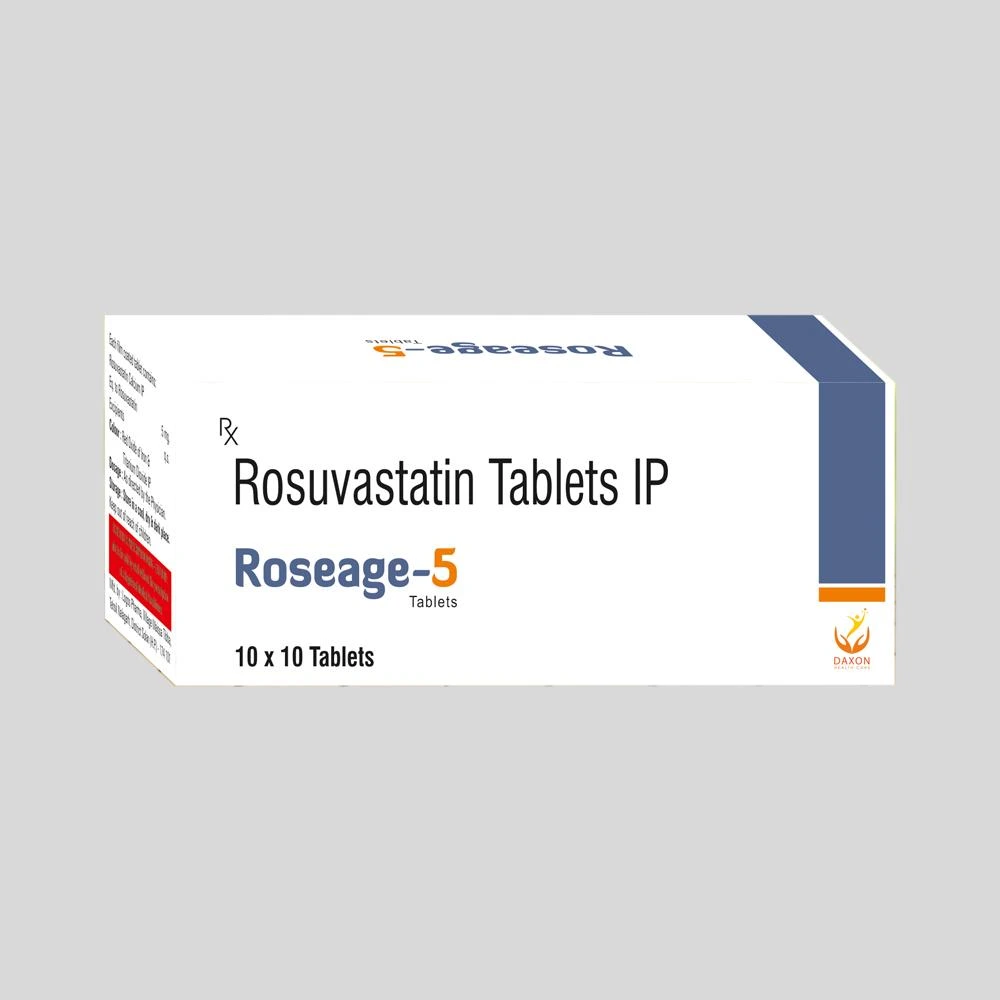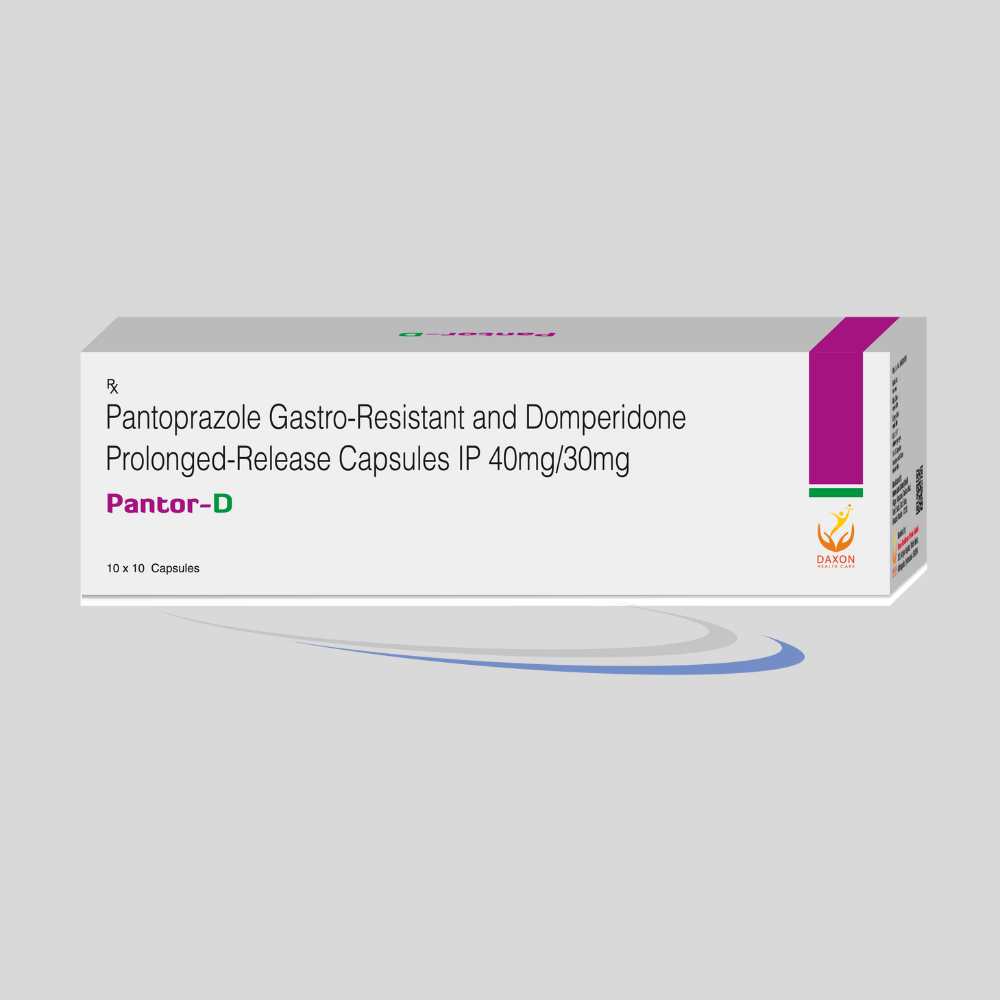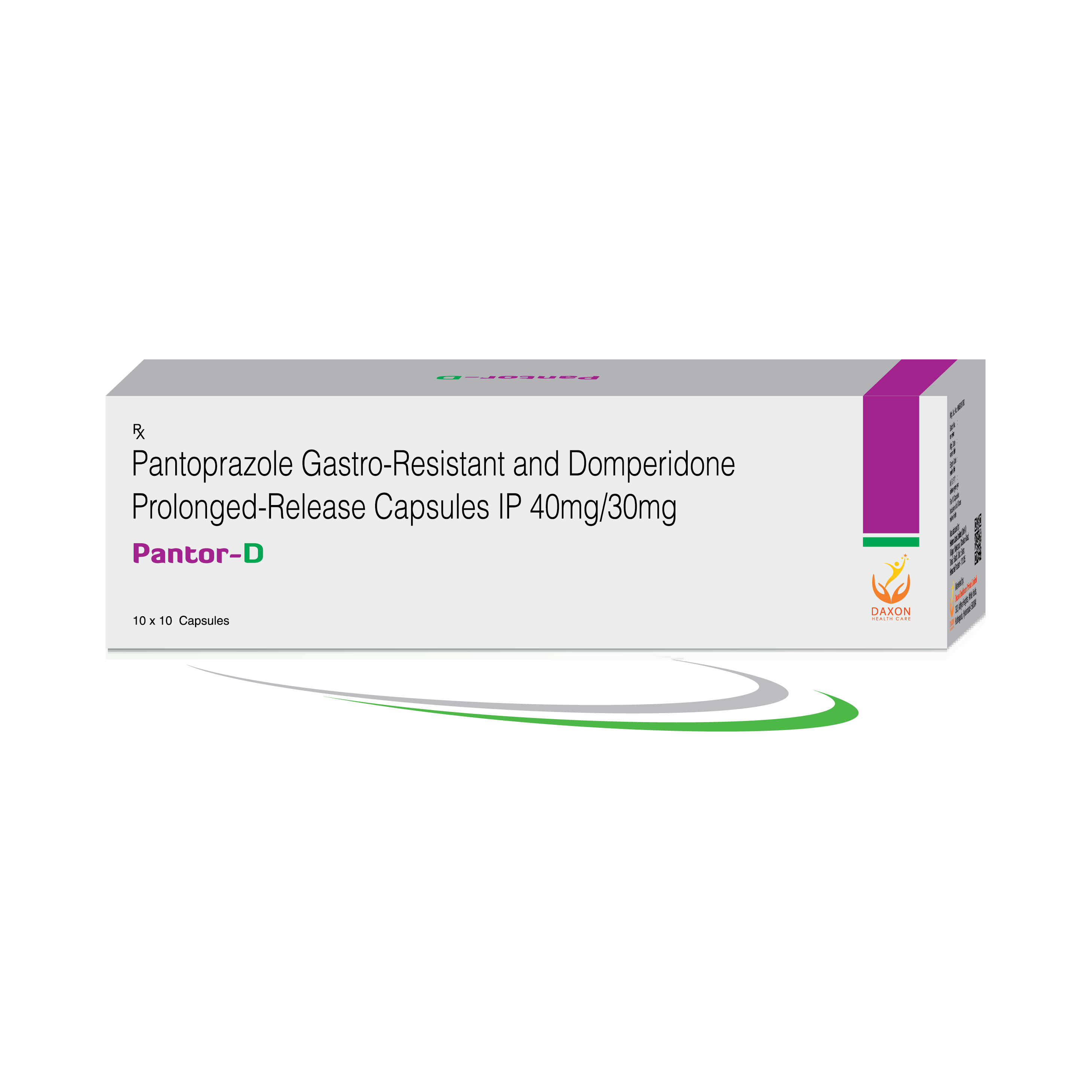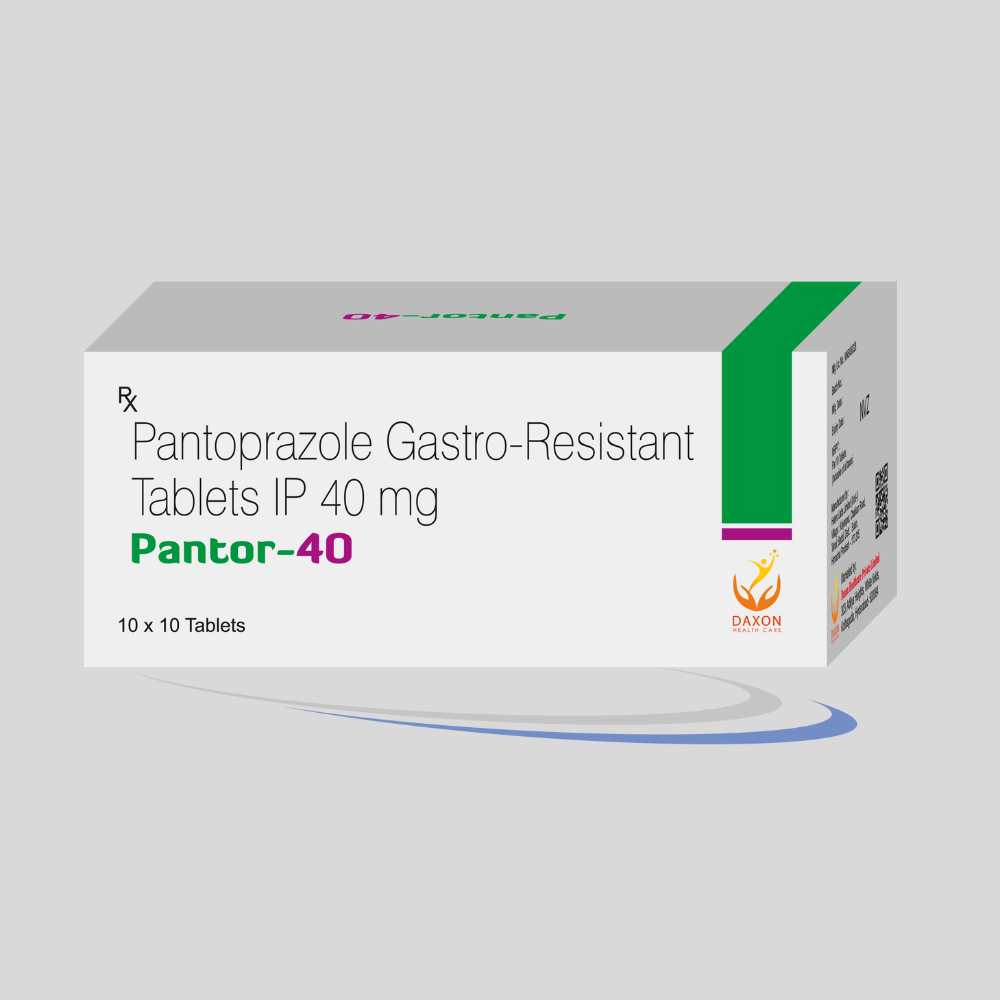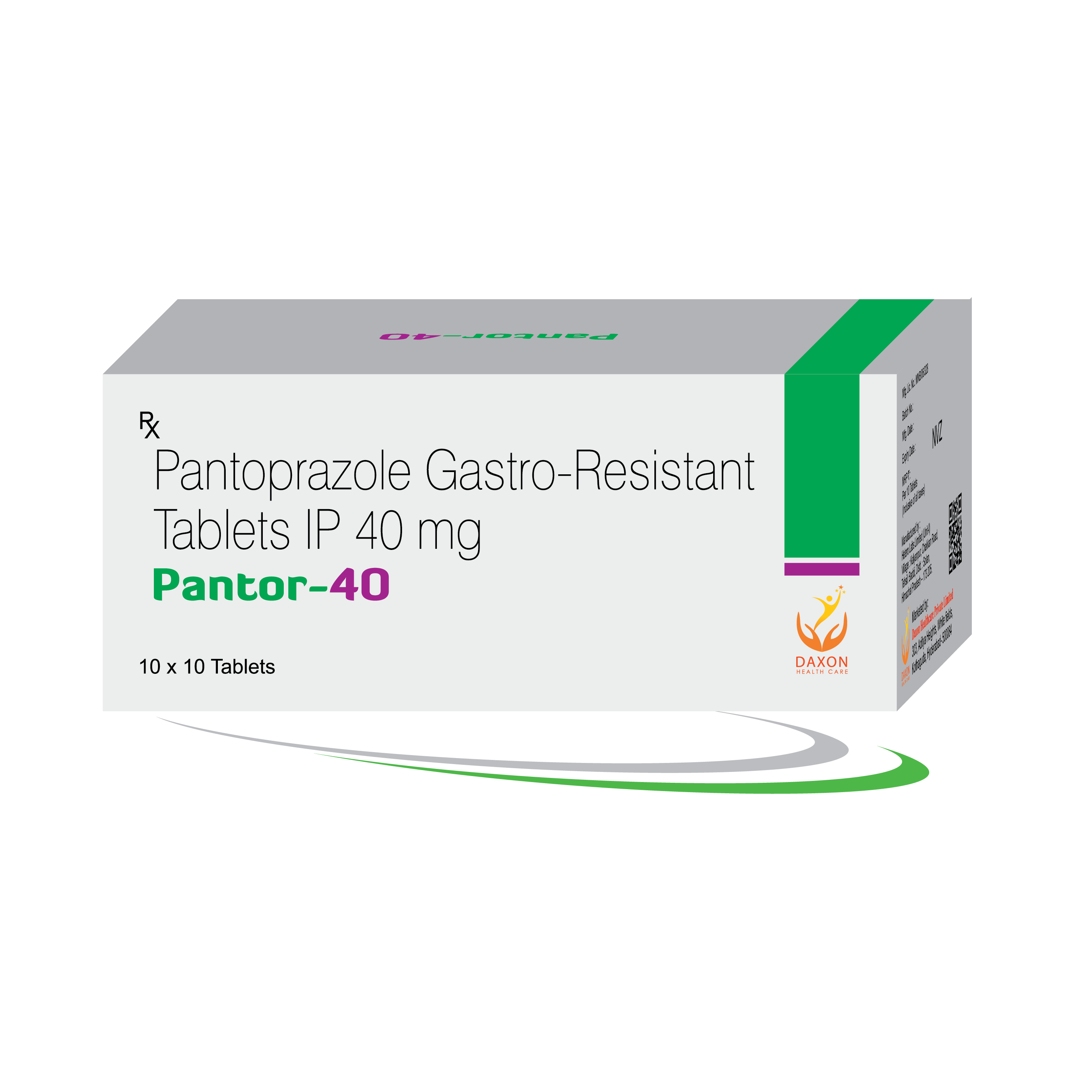Sator 40mg Tablet
SALT COMPOSITION
Atorvastatin (40mg)
Sator 40 Tablet belongs to a group of medicines called statins. It is used to lower cholesterol and reduce the risk of heart disease. Cholesterol is a fatty substance that builds up in your blood vessels and causes narrowing, which may lead to a heart attack or stroke.
Description
Sator 40 Tablet belongs to a group of medicines called statins. It is used to lower cholesterol and reduce the risk of heart disease. Cholesterol is a fatty substance that builds up in your blood vessels and causes narrowing, which may lead to a heart attack or stroke.
Sator 40 Tablet is a widely prescribed medicine and is regarded as safe for long-term use when taken as per the doctor’s advice. It can be taken with a meal or on an empty stomach. You can take it at any time of the day but try to take it at about the same time each day. Most people with high cholesterol do not feel ill but stopping your medicine may increase your cholesterol levels thereby increasing your risk of heart disease and stroke.
It is important to have your cholesterol levels checked regularly. This medicine is only one part of the treatment program which should also include a healthy diet, regular exercise, smoking cessation, moderation of alcohol intake, and weight reduction. You can eat normally while taking this medicine, but try to avoid foods that are high in fat.
Common side effects of this medicine include constipation, flatulence, dyspepsia, and abdominal pain. These are usually mild and disappear after a short time. Consult your doctor if they persist or if you notice any yellowing of your eyes or get repeated or unexplained muscle pains.
This medicine should not be used in some conditions such as liver disease. Also, pregnant women and breastfeeding mothers should not take this medicine as it may harm the developing baby. Diabetic patients should monitor their blood sugar levels while taking this medicine, as it may lead to an increase in blood sugar levels. Your doctor may check your liver function before starting the treatment and monitor it regularly thereafter.
BENEFITS OF SATOR TABLET
In High cholesterol
Sator 40 Tablet belongs to a group of medicines called statins. It works by reducing the amount of “bad” cholesterol (LDL) and raising the amount of “good” cholesterol (HDL) in your blood. Lowering the amount of cholesterol reduces the chances of heart disease and helps you remain healthier for longer.
Take it regularly and make appropriate lifestyle changes (such as eating healthy and staying active) to maximize the effectiveness of this medicine. Keep taking it even if you feel well.
In the Prevention of Heart attack
High levels of cholesterol can cause your blood vessels to narrow (atherosclerosis) and put you at risk of having a stroke or heart disease. Lowering the amount of this fat reduces the chances of this happening and helps you remain healthier for longer. Keep taking this medicine even if you feel well.
In the Prevention of Heart attack
High levels of cholesterol can cause your blood vessels to narrow (atherosclerosis) and put you at risk of having a stroke or heart disease. Lowering the amount of this fat reduces the chances of this happening and helps you remain healthier for longer. Keep taking this medicine even if you feel well.
HOW TO USE SATOR TABLET
Take this medicine in the dose and duration as advised by your doctor. Swallow it as a whole. Do not chew, crush, or break it. Sator 40 Tablets may be taken with or without food, but it is better to take them at a fixed time.
HOW SATOR TABLET WORKS
Sator 40 Tablet is a lipid-lowering medication (statin). It works by blocking an enzyme (HMG-CoA-reductase) required in the body to make cholesterol. It thus lowers “bad” cholesterol (LDL) and triglycerides, raising the level of “good” cholesterol (HDL).
SIDE EFFECTS OF SATOR TABLET
Most side effects do not require any medical attention and disappear as your body adjusts to the medicine. Consult your doctor if they persist or if you’re worried about them.
- Dyspepsia
- Abdominal pain
- Indigestion
- Diarrhoea
- Joint pain
- Nasopharyngitis (inflammation of the throat and nasal passages)
- Nausea
- Pain in extremities
- Urinary tract infection
- Abnormal liver function tests

